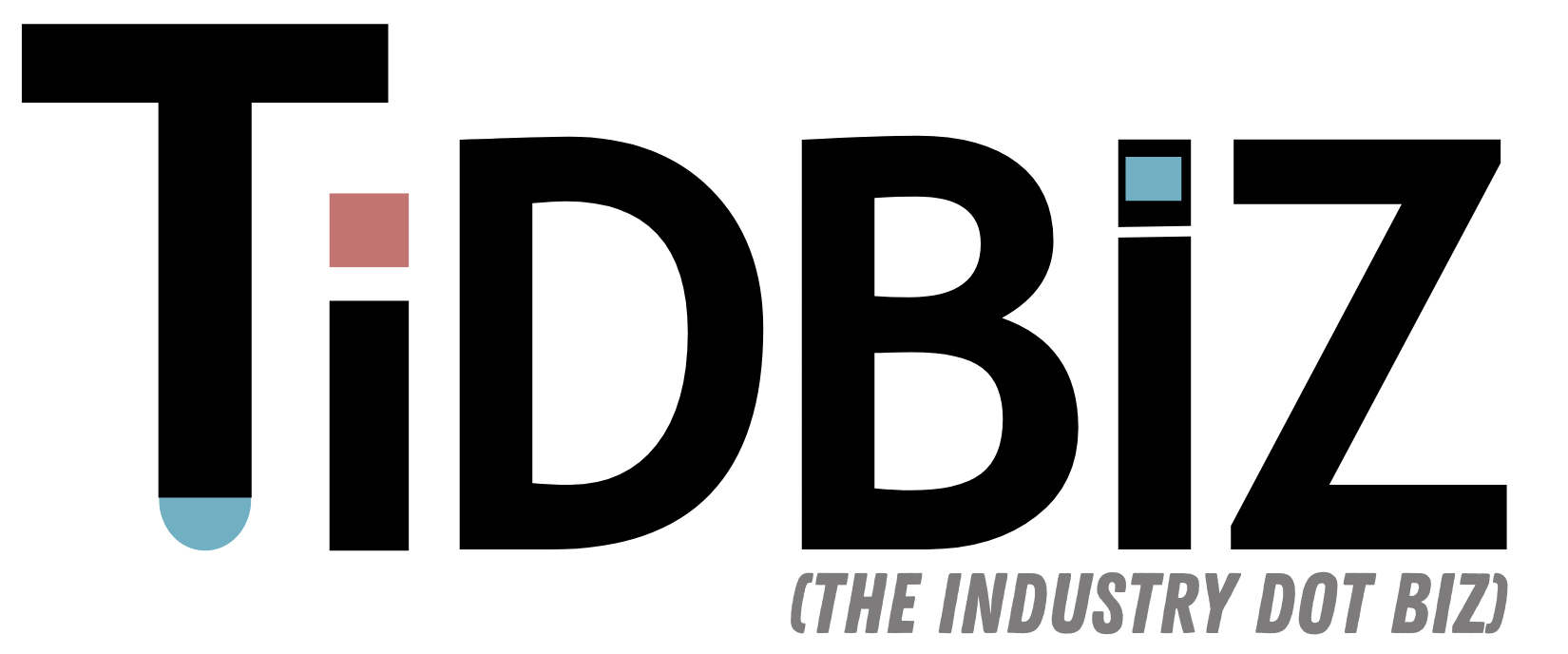66. The MLC Revolutionizes Royalty Management for Digital Age
The MMA’s introduction of a blanket compulsory mechanical license, which the MLC exclusively administers, marked a significant shift in the licensing landscape.
The MLC’s Operational Scope
The MLC’s operational domain explicitly focuses on administering blanket compulsory mechanical licenses. These licenses are accessible to eligible streaming and download DSPs within the United States.
It’s critical to note that the MLC’s involvement is strictly limited to these licenses, excluding other types of permits or royalties like public performance, synchronization, or record royalties.
Royalty Collection and Payment
DSPs play an integral role in the MLC’s operations by sending sound recording usage data and accompanying mechanical royalties monthly.
The MLC’s responsibility is to match this usage data with the musical works data within its database. Upon successful matching, the MLC disburses the collected mechanical royalties to its members on a monthly schedule.
The MLC’s Database and Public Access
A cornerstone of the MLC’s initiative is its comprehensive musical works database, which is publicly accessible and designed to be integrated with other industry databases.
Furthermore, the MLC has developed The MLC Portal, allowing creators and music publiAffiliation with HFA and Royalty Management
Notably, affiliation with the Harry Fox Agency (HFA) is optional for receiving mechanical royalties from the MLC. This independence underscores the MLC’s standalone role in the industry.
The MLC defines unmatched royalties as those associated with musical works where the data for a particular sound recording use has yet to be matched to a work in the MLC’s database. Historical unmatched royalties pertain to uses before January 1, 2021.
Unclaimed royalties, on the other hand, relate to scenarios where less than 100% ownership of a matched musical work has been claimed. The MLC holds these royalties for a minimum of three years in an effort to find and pay the rightful owners, after which they are distributed based on a market share/activity-based formula.
A significant aspect of the MLC’s operation is its funding model. The MLC retains no portion of the collected royalties for operational costs. DSPs cover these costs through an assessment, set by the United States Copyright Royalty Board.
The MLC’s headquarters is in Nashville, with team members in key cities like Los Angeles, Miami, New York City, and London.
Record companies continue to be responsible for securing mechanical licenses and paying royalties for physical products like CDs and vinyl records.
The blanket licenses administered by the MLC include permanent download use. Still, DSPs can rely on record companies for these licenses and associated royalties via pass-through rights.
HFA’s Involvement and Dispute Resolution
The Harry Fox Agency (HFA) serves as a separate entity providing various services to the MLC, including assistance in data management, matching digital uses from sound recordings to musical works, and royalty processing.
It is crucial to note that the MLC does not resolve disputes over copyright ownership; such disputes are handled externally.
Auditing DSPs and API Access
The MLC holds the right to audit DSPs under a blanket mechanical license every three years. Additionally, the MLC database can be accessed through an API, offering a modern, tech-savvy approach to data management.
Mechanical Royalty Rates and Education Efforts
The United States Copyright Royalty Board determines royalty rates for blanket licenses administered by the MLC.
The MLC also dedicates efforts to educating administrators, music publiFuture of the MLC
While not planning to incorporate blockchain technology into its systems, the MLC stands at the forefront of modernizing the music licensing landscape. Its establishment under the MMA and its consequent operations reflect a significant shift towards efficiency, transparency, and fairness in the distribution of mechanical royalties in the digital age.
For more information, go to The MLC



